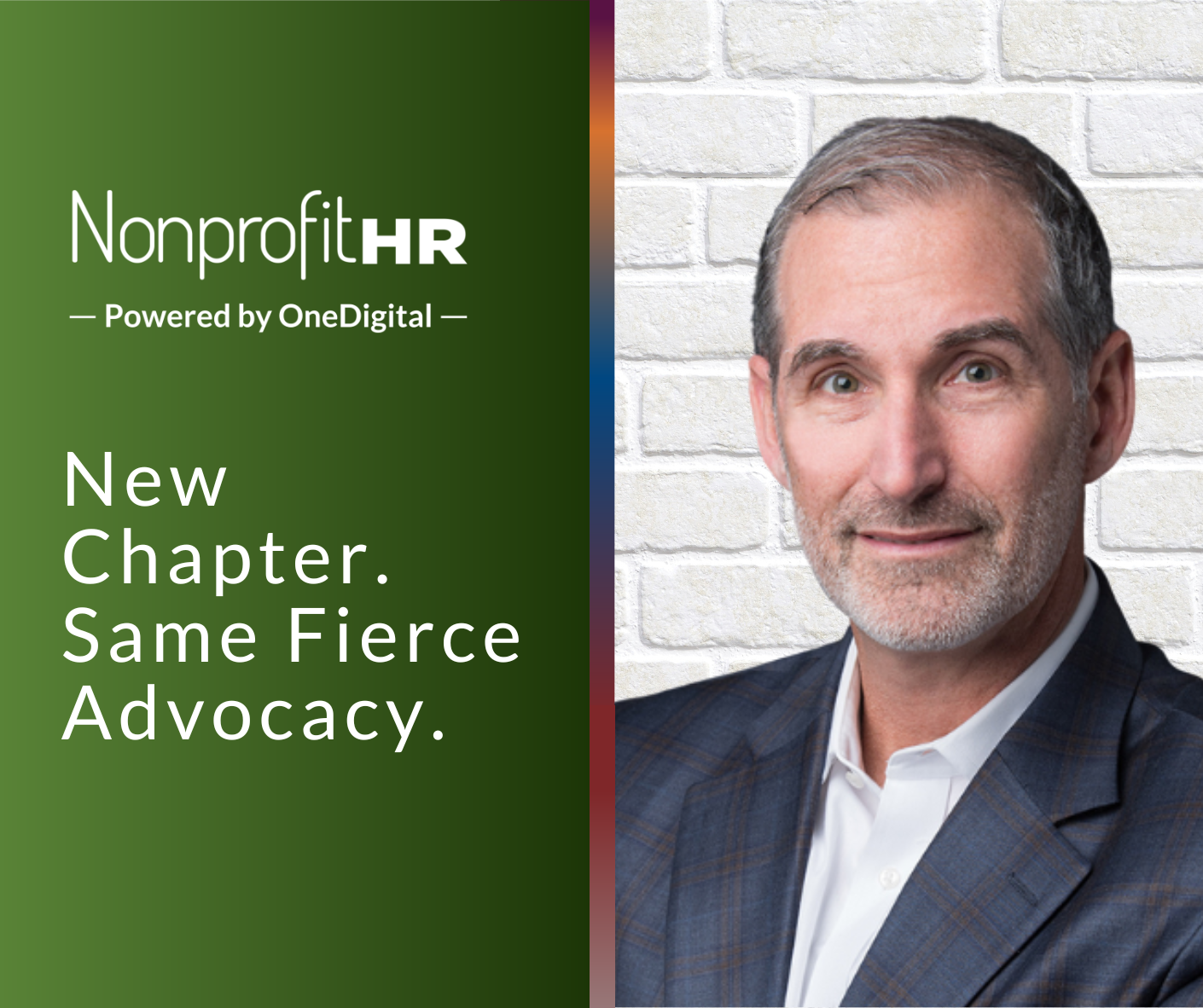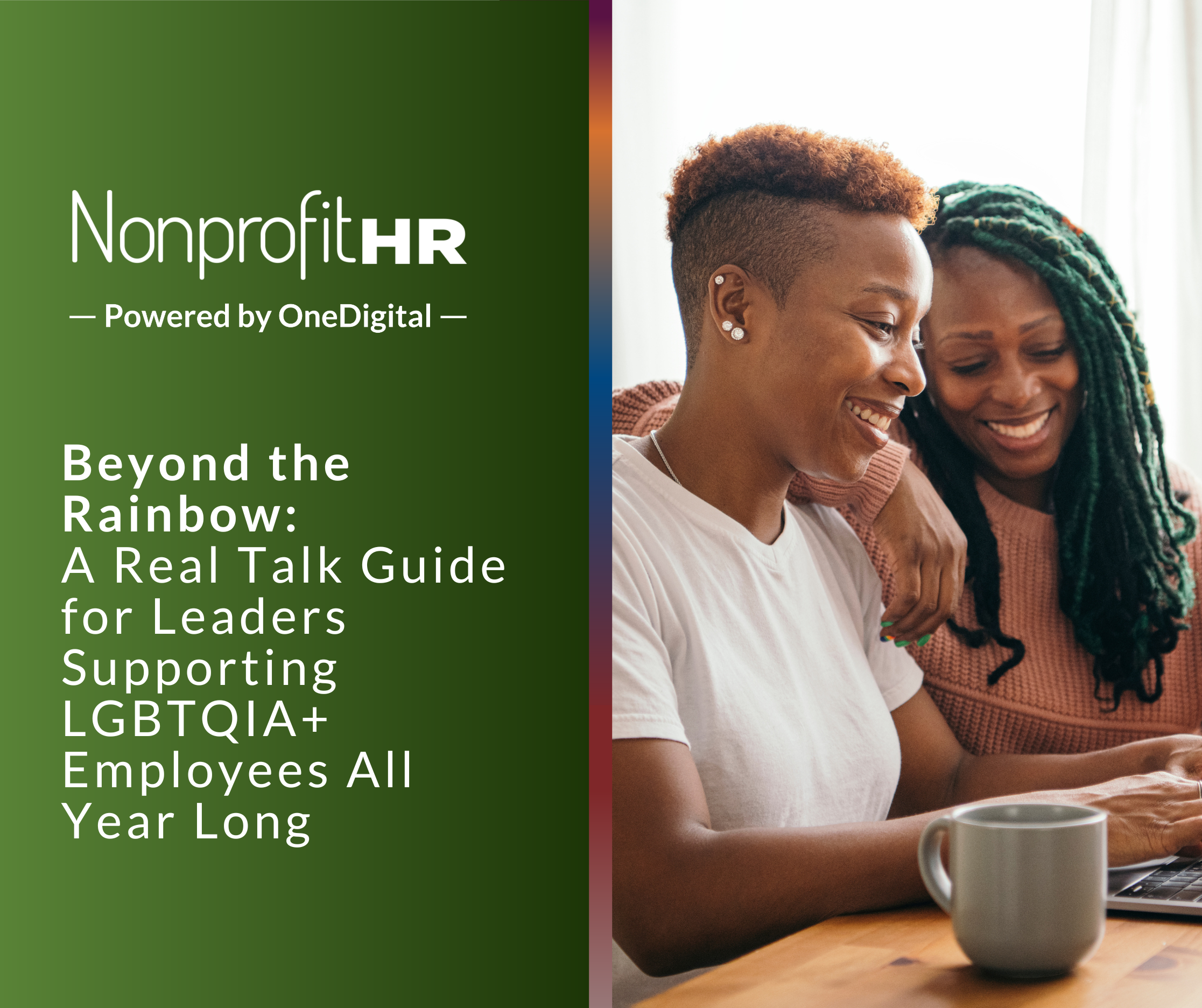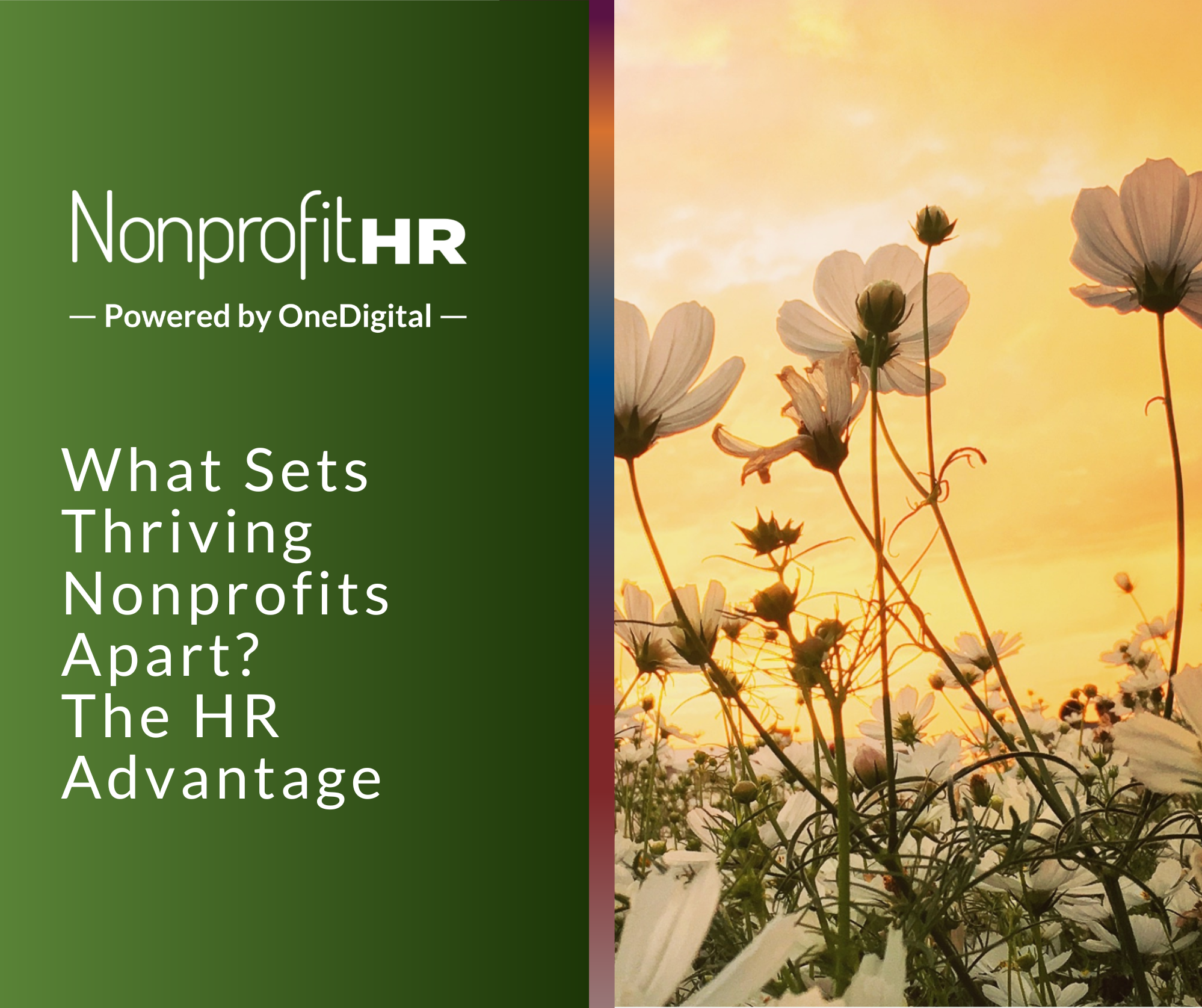WTOP: 5 ways nonprofits can…
By Julie Gallion, Senior HR Consultant
On July 19, DC HealthLink released the approved rates for small group health insurance plans to be sold on the Washington, DC Healthcare Exchange. Unfortunately, these rates do not include plan design information so an employer cannot make any final decisions with regard to what plan(s) to offer to their employees. DC HealthLink does not have plans to release specific plan design information prior to October 1, 2013. However, employers can start doing some initial research to help them narrow down what plans to offer within the Exchange.
First, employers can determine which plans (based on price alone) they would absolutely not be able to offer because the cost increase would be too significant for their employees or for themselves.
Second, they can start to understand what employees are most interested in AND are willing to pay for between an HMO and a PPO. The employer can start educating employees about the benefits of an HMO. There are a lot of unfounded negative feelings toward HMO’s that, with a little education, employees could overcome, which could potentially result in a newfound love of the less expensive HMO’s. This is especially true for the young healthy employees without a particular connection to a doctor. Employers can use employee surveys to gather information about what their employees are most interested in, willing to pay for and why they might be inclined to chose a PPO over an HMO.
Finally, employers can start to understand the differences between the various carriers now that they know with absolute certainty which carriers would sell them a plan without regard to demographics or size. Many employers are familiar with Carefirst and would not consider changing carriers, however, they may not have taken the opportunity to consider, for example, what United might have to offer. A survey of employees would be useful in understanding who would have to make a change to their doctor if a different carrier was chosen and what the impact might be of that change on the employee and his/her family.
Taking these steps now can significantly help the employer to narrow down the choices they have to make next year.





























